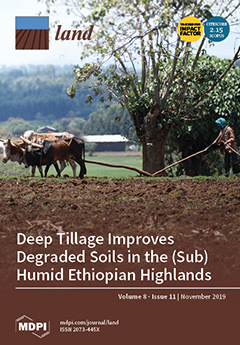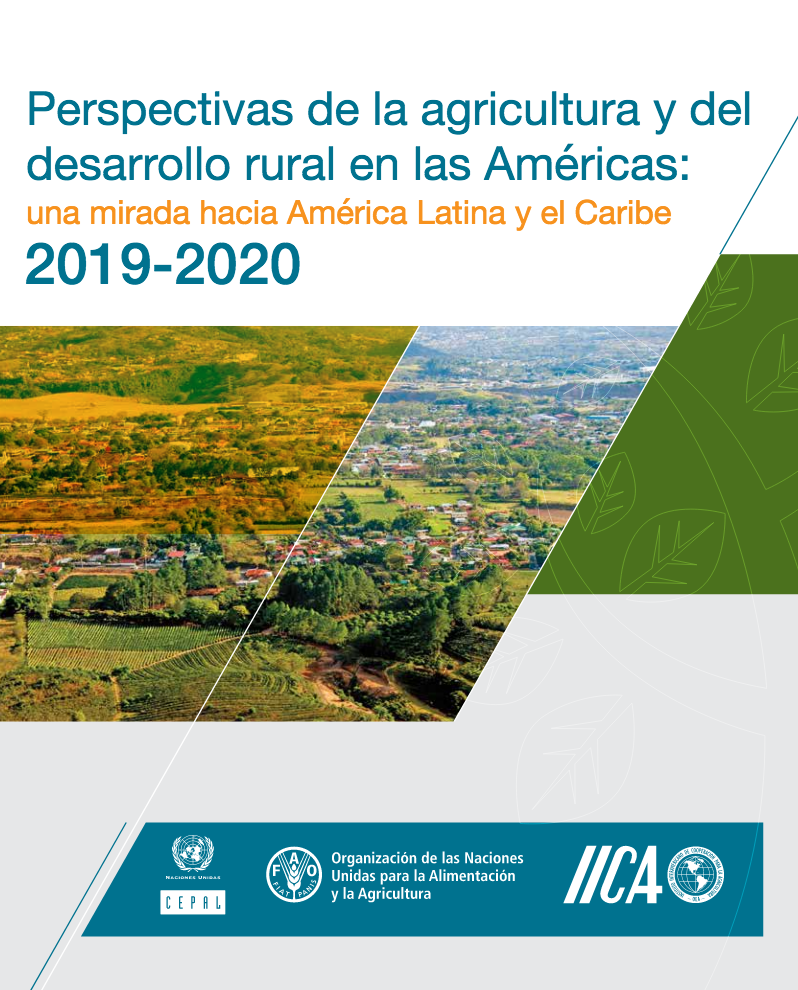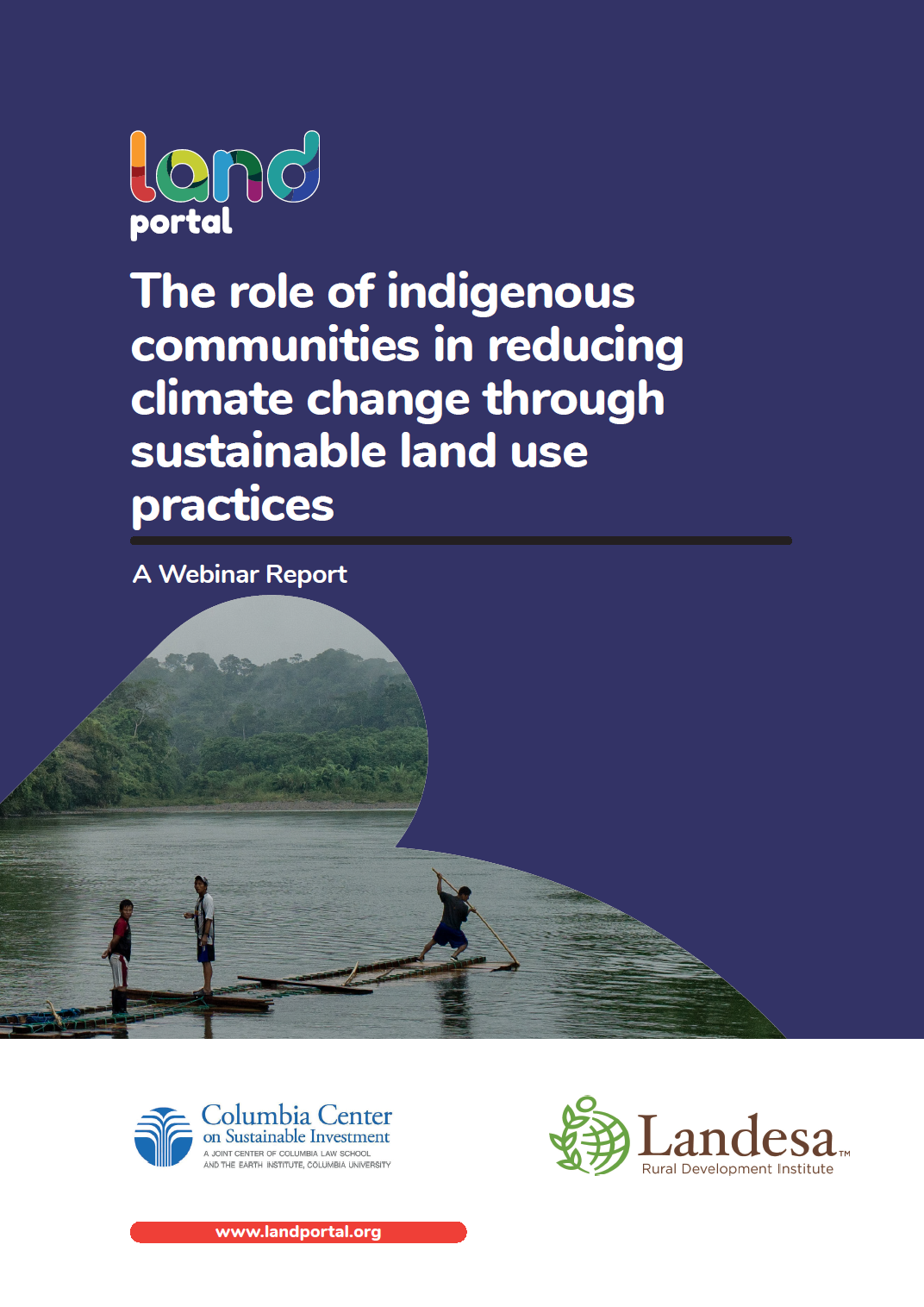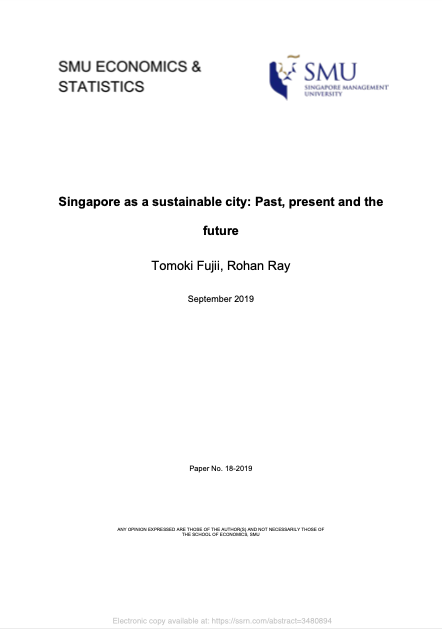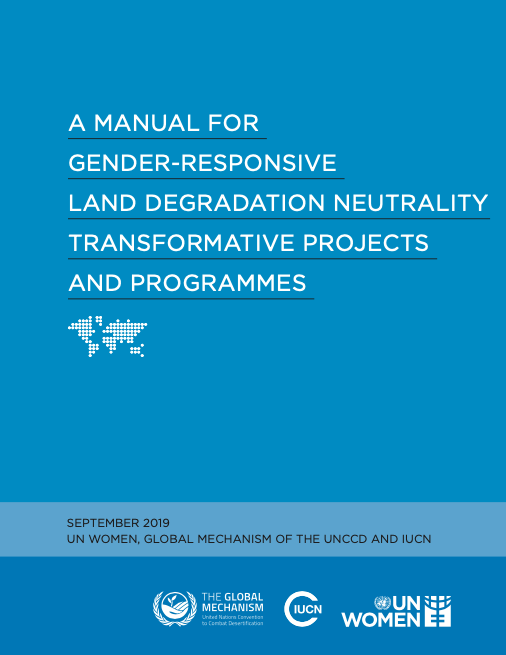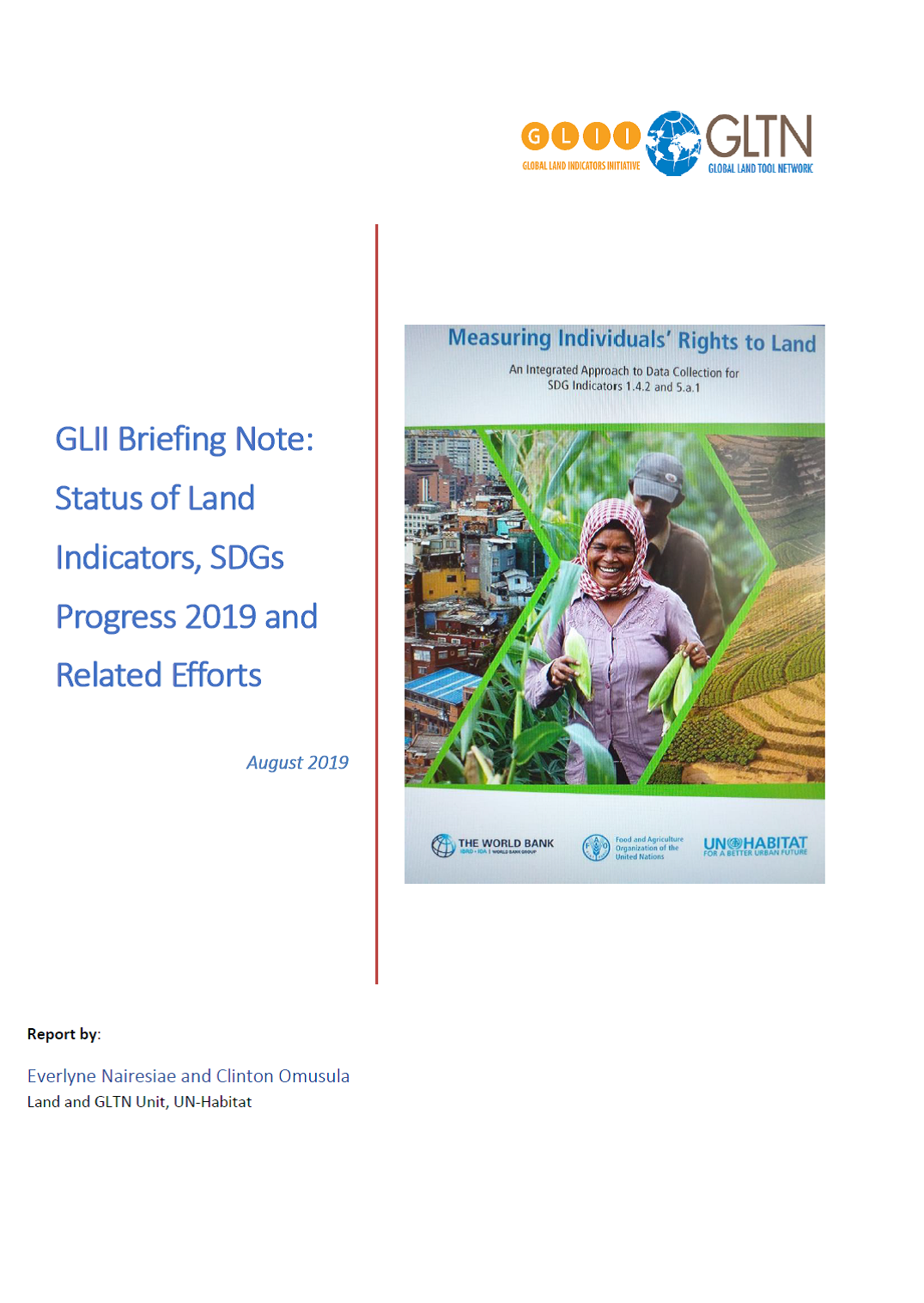Annual Report 2019: Making knowledge work for forests and people
This annual report presents highlights from the wide variety of our achievements over 2019 through which we contribute to sustainable land use, inclusive governance, and responsible business and finance, as building blocks of climate-smart landscapes.



